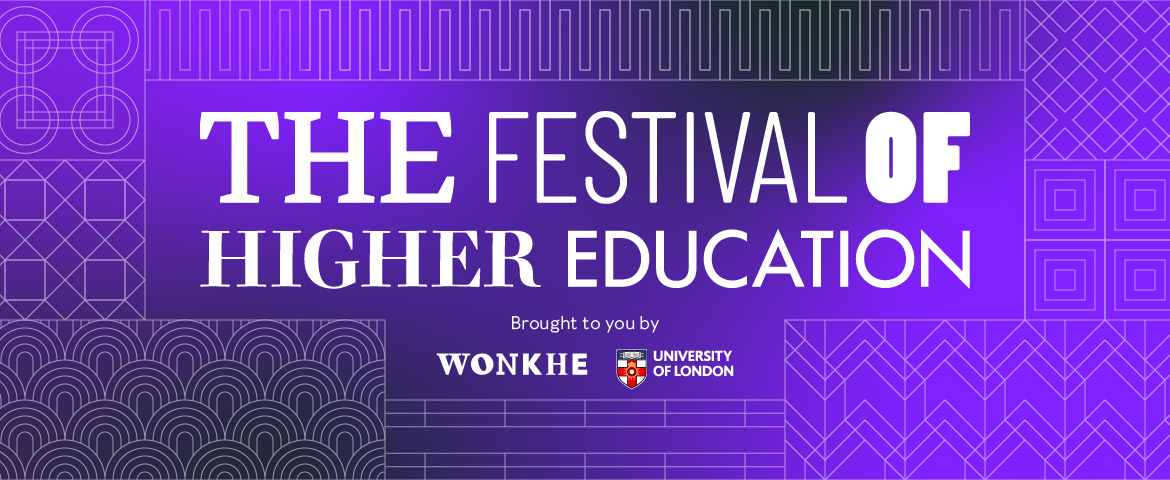jobs.ac.uk is proud to be a partner of the Festival of Higher Education conference. Taking place at the University of London on the 12th and 13th of November 2024, the conference features a vast programme presenting the biggest issues facing the HE community.
Brought to you by Wonkhe and the University of London for “two full days of debate, discussion, new ideas and opportunities to collaborate.” Wonkhe is a news organisation focusing on policy, analysis, and news related to higher education. The University of London is a leading education provider, both in the UK and internationally, offering courses to 45,000 students in 180 different countries.
We are delighted to sponsor the delegate bags and provide merch for the attendees. Look for our logo on the bag and see what is inside. The bags also include literature on our bespoke Senior Roles Package, contact kerry@jobs.ac.uk or william.mcarthur@jobs.ac.uk to avail of this package.
“We are excited to be attending the Festival of HE, getting an opportunity to network, attend debates, and workshops about the most pressing issues in HE. It is our pleasure to sponsor the delegate bags and provide attendees with some exciting merch and information on our Senior Roles Package, exclusively for recruiting senior management positions.” – Kerry Walker and William McArthur, jobs.ac.uk Business Development Managers.
Tickets are sold out, but you can join the waitlist.


Share your comments and feedback